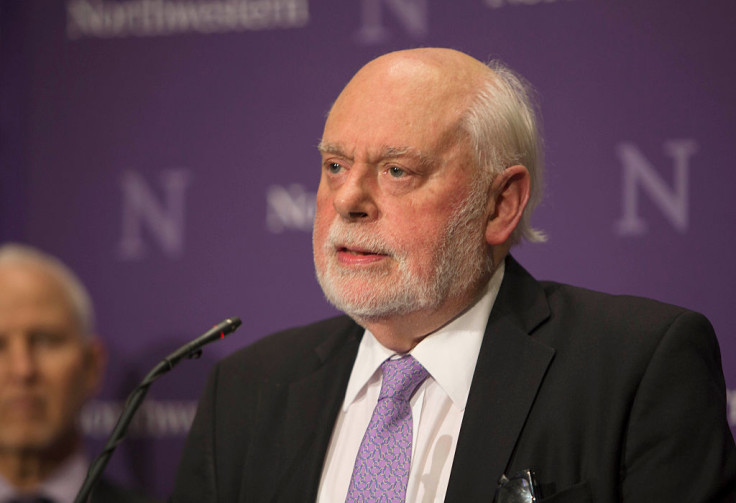Nanorobots may treat diseases in 20 years, believes Nobel Prize winner Fraser Stoddart
The award winning scientist hopes younger minds will work towards this achievement.

Nanorobots may be able treat diseases all by themselves in another 20 years, believes the Nobel Prize winning chemist Fraser Stoddart. The award winning scientist thinks humankind will soon be able to reach such a level of technological development that these tiny robots can replace human doctors in certain procedures.
Stoddart is among the trio (Jean-Pierre Sauvage, Fraser Stoddart and Bernard L Feringa), who share the prestigious Nobel Prize for chemistry this year "for the design and synthesis of molecular machines" by each contributing to different breakthroughs in making microscopic machines. He says the fundamental science behind these breakthroughs should be taken forward for humankind to hopefully achieve something spectacular in the coming years.
"I don't think we have the right to just do fundamental work and no more, we have to find out what it might lead to," the scientist told TASS. "There's a lot more hope there in the application sense that the younger members of the community can come up with," according to him.
Shortly after his win numerous publications had discussed the possibility of his research helping create nanorobots capable of curing oncological and other diseases. Clearing the air on the matter the scientist stated, "I do think some of this is still science fiction," but goes on to say, "that it is possible."
"I think moving away from that one particular application, I think what we will see in 20 years will surprise us.... there'll be things we have not thought of, because I think a whole band of new minds will come into this area," added Stoddart.
© Copyright IBTimes 2025. All rights reserved.





















